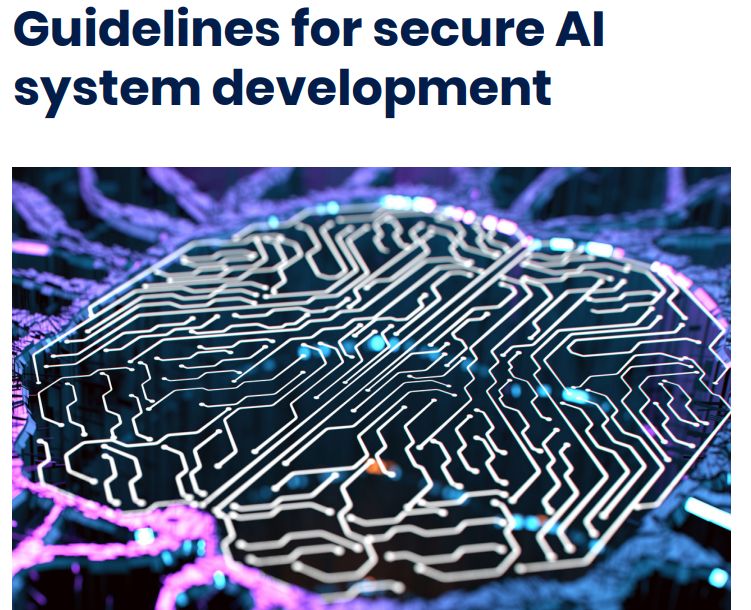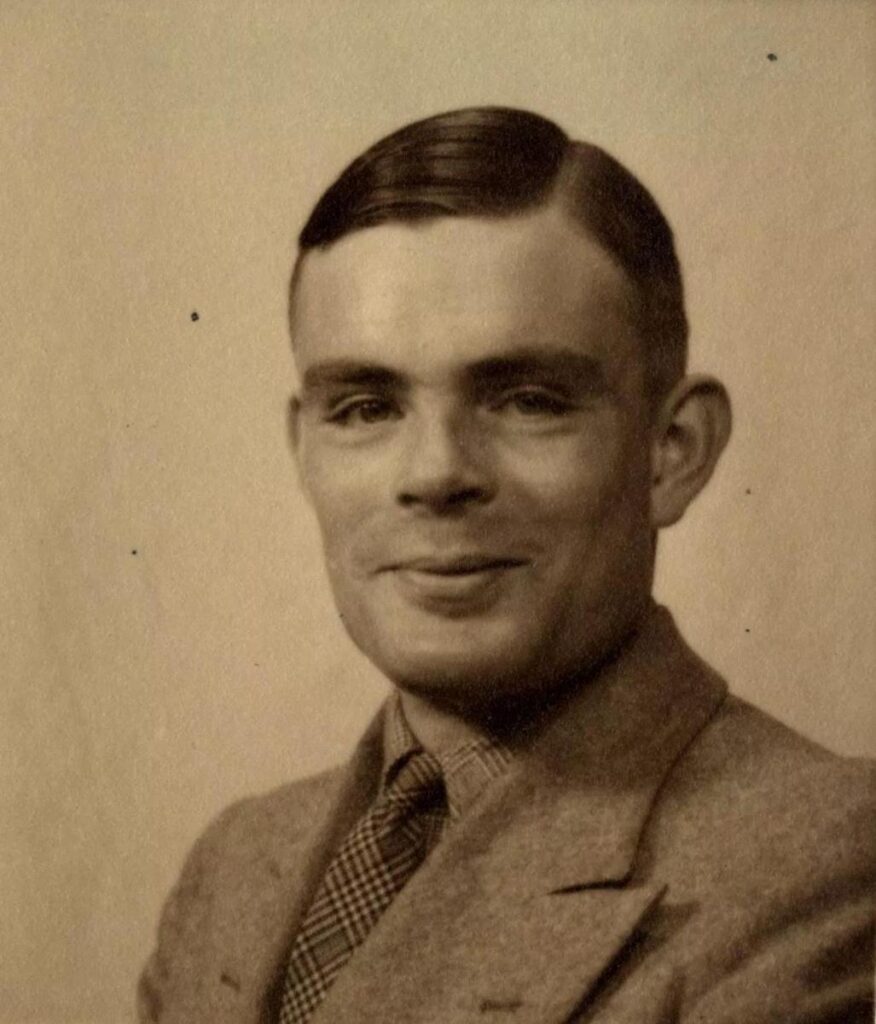
Note: On Sept. 22, the Daily Dot published my latest article, Election 2024: The future of TikTok and tech policy under Trump versus Harris. It’s an overview of where the two leading U.S. presidential candidates stand on various tech topics: TikTok, net neutrality, the FCC, Section 230, the digital divide, and more, with a few surprises along the way—such as power-to-the-people NYC Mesh. My article also discusses their stances on artificial intelligence. I had some paragraphs on that subject left over unused, so I decided to put together this quick blog post. If you’re an actual human reader, rather than an AI scraping my webpage, enjoy.
On Sunday, Vice President Kamala Harris, campaigning for the U.S. presidency, spoke at a fundraiser in Manhattan, raising more money—$27 million—than you or I will ever see, reportedly her highest-grossing fundraiser. It should help her warchest stay better funded by far than that of her main opponent, the twice-impeached first presidential felon Donald Trump and the Republican National Committee. But her speech? It echoed another she gave, nearly a year ago, at the U.K.’s Bletchley Park.
In both talks, she spoke of government collaboration with the AI industry, portraying it as voluntary rather than as demanded. Maybe aside from the helpfulness of machine translation services such as Google Translate, as well as other AI tools, and maybe beneath the opulence and publicity, things aren’t so safe. Or at least, the topic of artificial intelligence is too poorly understood for rando-journos to really give helpful hot takes without first boning up on the underlying material—material that started, more or less, some 80 years ago in/near Bletchley Park, though Harris didn’t mention the particular ghost in question when she was there last November.

To merit $27 million in a single day, Harris must have said something really interesting at Sunday’s swanky event venue, Cipriani Wall Street (pictured left), yeah? She did, if you’re a venture capitalist (or journalist) seeking more details on her tech positions, some of which she’s been circumspect about. Indeed, until Sunday, she hadn’t—as a presidential contender—stated openly her position on cryptocurrency, leaving Trump to chest-pound about being the “crypto candidate” while she focused on traditional voter concerns such as reproductive rights. According to Bloomberg, at Sunday’s fundraiser, Harris said, “We will encourage innovative technologies like AI and digital assets,” (read cryptocurrency for the latter) “while protecting our consumers and investors.”
Sounds a bit like former POTUS Barack Obama. We will do the good things that are important and that bring us hope and prosperity, and we will not do the bad things that cause problems for folks in this country. God bless you and God bless the United States of America. It’s a strategy: as long as Harris continues painting by numbers without enormous gaffes or grave October surprises, and sans whatever serious, hard-to-predict dangers might arise from election interference, I say she’ll probably sit behind the Resolute Desk come Jan. 20.
But what about AI? In terms of direct quotes from Harris, not much more has trickled out of her fundraiser speech thus far—not that I’ve seen. She did say, apparently in the same passage addressing cryptocurrency and AI, that she “will bring together labor, small business founders and innovators and major companies[.]” Some say that’s Harris pitching young men leaning Republican.
Likely so, but it’s also in line with something I mention in my Sept. 22 Daily Dot article: the voluntary industry agreement she facilitated as current Prez Joe Biden’s “AI czar.” She touted this AI safety agreement at the Bletchley Park inaugural global summit on AI in 2023, two days after Biden’s executive order on artificial intelligence calling for the United States to lead AI development while ensuring safety.
The bog standard campaign schmaltz and vagueness, combined with rejuvenated hopes after the happy Harris replaced the about-to-pass-out Biden, maybe make this stuff regarding AI, the industry, the voluntary non-binding safety promises—this We can all work together, biz, labor, even the guy passed out on the tarmac, wait is that Jo– stuff—feel enticing. Maybe it is: though the agreement is on paper non-binding, a presidential administration has antitrust and other levers at hand to knock companies in the head with reminders. But I doubt it.
Why am I not more certain, or why are AI agreements not critiqued in depth across news media? I’ve been given a few recommendations, but generally, I don’t know of any deep-digging investigative reports on where the AI industry is headed that, crucially, combine a valuable, highly literate philosophical perspective on what computers and artificial intelligence are accomplishing, and threatening, beyond the journo-exposés about Silicon Valley powers-that-be signing up for cryonics, aiming to infuse themselves with young blood, throwing zillions down shady corners, the youzhe. Know of some? Let me know. Astute philosophy, remember. I know that the TESCREALs/rationalists (today’s, not Spinoza) are orgiastic over their quasi-famous neckbeards pronouncing this or that, but I don’t agree with their scientism, so skip ’em. People who touch grass please.
We need better, more insightful assessments of artificial intelligence, because, among other reasons, algorithmic bias, as a chief aspect of it, is putting on steroids plain ol’ human bigotry’s human rights violations and body counts.

Harris gave her voluntary agreement! high-profile speech at the first global AI Safety Summit, which took place at none other than Bletchley Park. That country estate in England was once home to the British government’s Code and Cypher School, now called Government Communications Headquarters, the United Kingdom’s equivalent of the U.S. National Security Agency. At the first ever global summit on artificial intelligence, in other words, Harris was discussing its emergence precisely where the 1940s originated Five Eyes, the post-World War II secret-sharing alliance between five countries’ worth of intelligence agencies staffed by actual humans, including those of the United States.
At the summit, Harris discussed the Biden administration’s efforts to safeguard against AI dangers such as “algorithmic discrimination[,]” undertakings for which she was the seniormost Biden administration official involved. One such effort Harris spotlighted: the “Blueprint for an AI Bill of Rights.” The non-binding Blueprint lays out expectations for technologists developing artificial intelligence systems—such as Google’s sentiment analyzer that a 2017 Vice article footnoted by the Blueprint found to be biased. Among other goals, the expectations aim at reinforcing and expanding existing anti-discrimination legal protections “to ensure equity for underserved communities[,]” defined to include “Indigenous and Native American persons,” as well as “lesbian, gay, bisexual, transgender, queer, and intersex” people, and various others.
Like a ghost unseen at the Bletchley Park summit, unmentioned in Harris’s Bletchley Park speech, late British mathematician Alan Turing, who dreamed up the idea of computer software in a 1936 math paper, worked at that same country estate for the Code and Cypher School in the 1940s cracking Nazi codes. Shortly after the end of World War II, Turing gave the first public lecture on AI. He said, “What we want is a machine that can learn from experience” and “alter its own instructions[.]” Interpreting those as Turing himself often did—by setting aside religious or philosophy of mind questions in favor of mathematical and engineering ones—today’s artificial intelligence is understood by experts as doing both to some sizable degree.
In the longstanding philosophy journal Mind, Alan Turing in 1950 proposed what’s now called the Turing Test: essentially a guessing game or experiment where, by writing down questions and passing around slips of paper, a person tries to determine which responses are generated by an unseen human and which by an unseen AI—with the argument that, if the person can’t tell the responses apart, the AI should be considered to be thinking as legitimately as the unseen human is considered to be thinking. That’s how the Turing Test is typically presented—bereft of the gender codings in the 1950 original, which subtly and impishly (by 1950s standards) depict gender as something as fluid as intelligence.

The original Turing Test is also not so behavioristic as it sounds from textbook glosses, with Turing’s actual writing praising the “quite a strong” counterargument “from Extrasensory Perception” (this is why read primary source and not just watch youtube vids). While in this portion of the paper he mostly sticks to familiar psionics language such as telepathy and precognition, one might discern someone living in a dissociated world where empathy (as emotional contagion, not as cognitive exercise) is regularly off the table, especially for someone sensitive, “good as a telepathic receiver” (see Turing’s best-known premonition), and required to keep silent. About classified secrets. About what he must have witnessed and heard of, the 1940s birthing the current world order dominated by spy agencies and an attempt at a global mono-empire underpinned by information technology. About even his own criminalized sexuality.
Sentenced for “gross indecency” under anti-homosexuality laws in 1952, one of the foremost founders of artificial intelligence was instructed by a British court to pick either estrogen-based chemical castration or imprisonment. Turing chose the former and, almost certainly as a consequence, was driven to alter his own instructions fatally in 1954 at home, alone.
It seems wrong to me that Harris, at Bletchley Park, did not mention him in her speech, though the U.K.’s government-backed Alan Turing Institute was among the contributors to the voluntary agreement. I assume she didn’t mention him at Cipriani Wall Street, either, despite his story as one of the foremost founders of AI—occasionally argued to be the founder—waiting as a perfect example of how good deeds especially get punished when you’re deemed to fall into the wrong group affiliation categories, and how that’s the kind of bias, now often enshrined into algorithms, that she says we need safeguards against. Marketing happyspeak, however, is what brings in the $27 million/night.
Artificial intelligence didn’t kill one of its founders, but bigotry, one of AI’s biggest problems, sure did. It’s presently up for grabs to what extent the 47th U.S. president, others in power, and the worldwide public can learn from such experiences as AI becomes increasingly more common, assuredly with dignity-depleting privacy violations in its train. Like some coked-up computerized version of the long and sorry history of human bias, algorithmic bias has zillions in funding, endless apologists, and a growing body count. Politicians limit themselves to the art of the possible, for better or worse, but definitely crop out anything their “possible” and “realistic” tunnel visions don’t have time for, like, say, omitting mention of Bletchley Park ghost Alan Turing and anybody else who might lie in a grassy field and dream up system-changing ideas such as computer software or artificial intelligence. More time spent understanding AI’s origination and its development over three quarters of a century would be a good start to transforming it from a pol- and journo-buzzword into something we can usefully self-govern.



This blog post, Kamala Harris, AI, and the Bletchley Park ghost, by Douglas Lucas, is licensed under a Creative Commons Attribution-NonCommercial-ShareAlike 4.0 International License (summary). The license is based on the work at this URL: https://douglaslucas.com/blog/2024/09/24/kamala-harris-ai-bletchley-park-ghost/. You can find the full license (the legalese) here. To learn more about Creative Commons, I suggest this article and the Creative Commons Frequently Asked Questions. Please feel free to discuss this post in the comments section below, but if you’re seeking permissions beyond the scope of the license, or want to correspond with me about this post (or related topics) one on one, email me: dal@riseup.net. And gimme all your money!
 Twitter:
Twitter:
Join the conversation